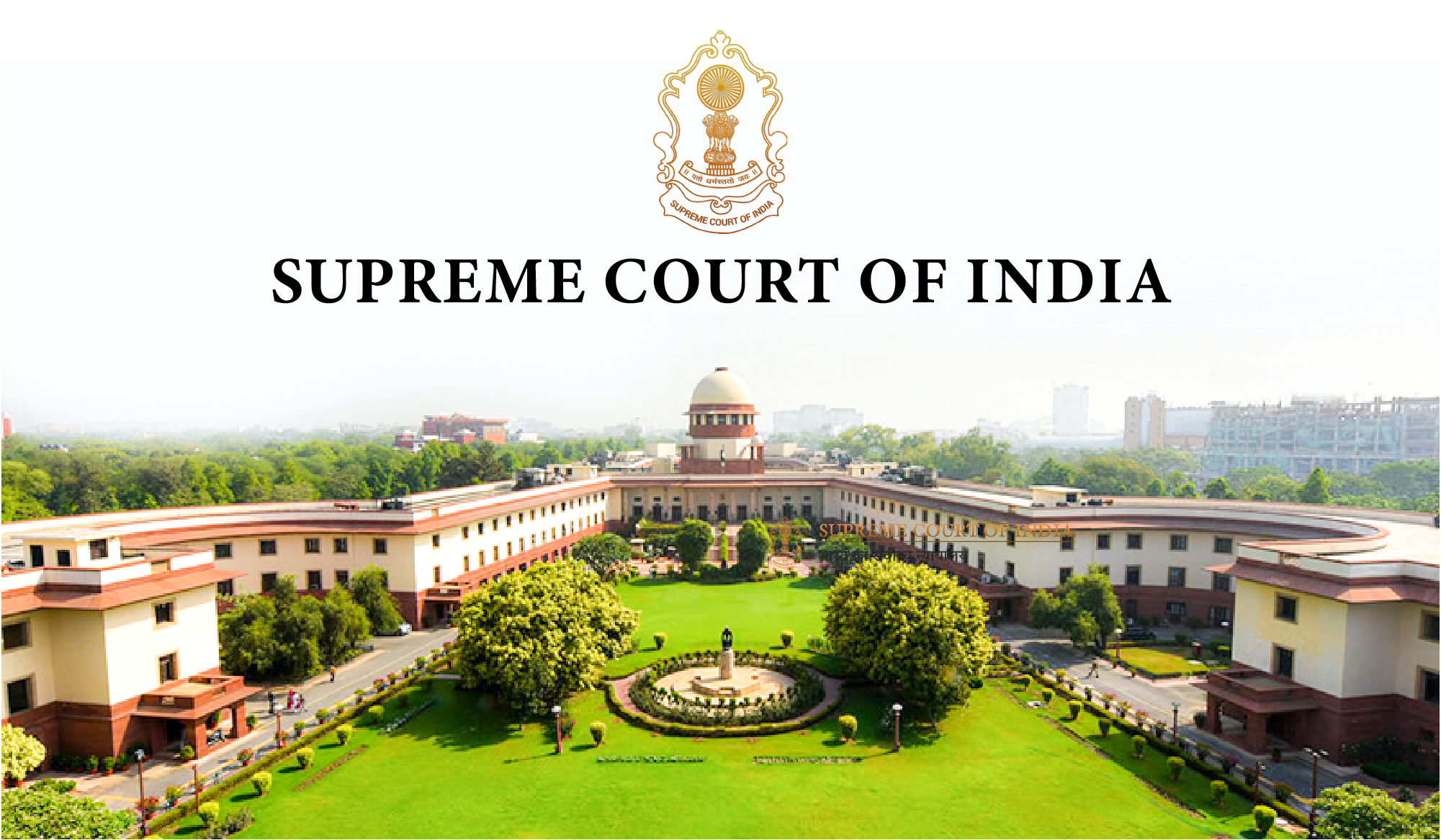New Delhi: In a landmark constitutional pronouncement, the Supreme Court of India on Thursday held that constitutional courts cannot impose a fixed timeline on the Governor or the President to grant or withhold assent to Bills passed by state legislatures.
Delivering its unanimous opinion on a Presidential Reference, a five-judge Constitution Bench underscored that fixing timelines would be “strictly contrary” to the constitutional elasticity and the doctrine of separation of powers.
No Fixed Timelines, But No Indefinite Delay
The Bench, presided over by Chief Justice of India B.R. Gavai and comprising Justices Surya Kant, Vikram Nath, P.S. Narasimha, and A.S. Chandurkar, delivered its advisory opinion on a reference made by President Droupadi Murmu under Article 143 of the Constitution.
The court clarified a critical distinction: while fixed deadlines are impermissible, the constitutional authorities are not granted “unfettered power to sit over bills” indefinitely.
“The text of Article 200 and 201 has been framed in such a manner so as to provide a sense of elasticity for constitutional authorities to perform their functions… The imposition of timelines would be strictly contrary to this elasticity that the Constitution so carefully preserved,” the bench noted.
The verdict asserts that if the Governor’s inaction is “prolonged, unexplained and indefinite” and frustrates the legislative process, it would invite limited judicial scrutiny. In such circumstances, the court may issue a limited direction (mandamus) for the Governor to act within a reasonable timeframe, without interfering with the merits of the decision itself.
‘Deemed Assent’ is ‘Antithetical to Constitution’
A major point addressed by the Constitution Bench was the concept of “deemed assent.”
The apex court emphatically ruled that the notion of the court declaring ‘deemed assent’ to Bills if a constitutional deadline is missed is unconstitutional.
“The concept of ‘deemed assent’… presupposes that one constitutional authority (herein, the Court), could play a ‘substitutional role’ for another constitutional functionary (herein, the Governor, or President). Such a usurpation of the gubernatorial function… is antithetical not only to the spirit of the Constitution, but also specifically, the doctrine of separation of powers – which is a part of the basic structure of the Indian Constitution,” the Court observed.
The Presidential Reference Context
The Presidential Reference was initiated in May, following a contentious ruling by a two-judge bench on April 8 of the same year in a case involving the Tamil Nadu government.
The earlier two-judge bench of Justices J.B. Pardiwala and R. Mahadevan had:
-
Set specific timelines for Governors to act on pending Bills.
-
Prescribed that the President should decide on reserved Bills within three months.
-
Used the Supreme Court’s extraordinary power under Article 142 to grant “deemed assent” to ten Bills that had been pending with the Tamil Nadu Governor.
The latest verdict effectively rolls back those specific timelines and strikes down the concept of “deemed assent.” However, the ruling safeguards the state governments’ right to approach the Supreme Court in cases of unreasonable and prolonged inaction by the Governor, thereby upholding the balance of cooperative federalism.
The opinion settles long-standing constitutional questions regarding the powers and limitations of the Governor and the President in the law-making process.




